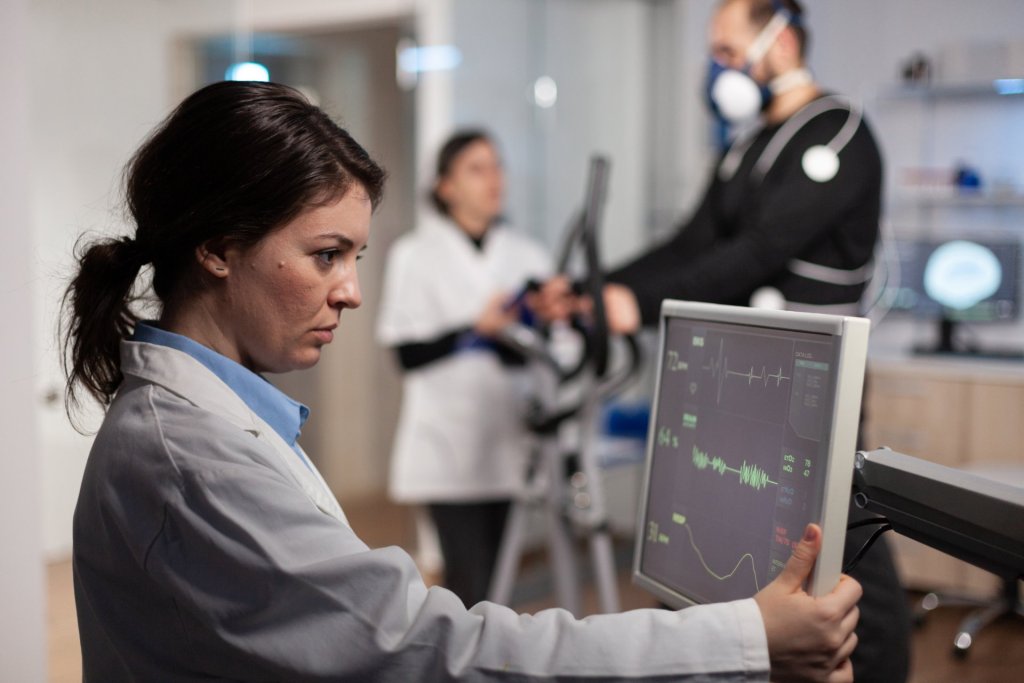Heart centers are specialized medical facilities dedicated to diagnosing, treating, and managing cardiovascular conditions. These centers bring together cardiologists, specialized equipment, and comprehensive services under one roof. Patients with heart-related concerns can access comprehensive cardiac care without needing to visit multiple locations. Understanding what heart centers offer can help you make informed decisions about your cardiovascular health.
What Is a Heart Center?
A heart center is a specialized medical facility that focuses exclusively on cardiovascular health and treatment. These centers house advanced diagnostic equipment, experienced cardiologists, and support staff trained in cardiac care. The centralized approach allows for coordinated treatment plans and streamlined patient care.
What Are the Available Services?
Heart centers offer a wide range of diagnostic and treatment services for cardiovascular conditions. Nuclear stress tests utilize radioactive tracers to assess blood flow to the heart muscle during both rest and exercise. This test helps identify areas of reduced blood flow that may indicate coronary artery disease.
Exercise stress tests monitor your heart’s response to physical activity on a treadmill or stationary bike. These tests can detect abnormal heart rhythms, blood pressure changes, and symptoms that occur during exertion. Echocardiograms utilize ultrasound technology to produce detailed images of the heart’s structure and function.
Preventative cardiology services focus on reducing your risk of developing heart disease. This includes lifestyle counseling, risk factor assessment, and early intervention strategies. Heart centers also provide treatment for specific conditions such as angina and heart attack, high cholesterol management, arrhythmia treatment, and congestive heart failure care.
What Does a First Visit Entail?
Your first visit typically begins with a comprehensive review of your medical history. The cardiologist will ask about your symptoms, family history of heart disease, medications, and lifestyle factors. This information helps establish your cardiovascular risk profile and guides further evaluation.
A physical examination follows the discussion of medical history. The cardiologist may listen to your heart and lungs, check your blood pressure, and examine your legs for signs of circulation problems. Based on these findings, additional diagnostic tests may be recommended during your visit. The cardiologist will discuss their findings and recommend a treatment plan tailored to your specific condition, which will potentially include lifestyle modifications, medications, or additional procedures.
What Are the Benefits?
Heart centers provide several advantages over traditional medical care for cardiovascular conditions. Specialized equipment and expertise enable more accurate diagnoses and targeted treatment approaches. The concentration of cardiac specialists means you receive care from physicians who focus exclusively on heart conditions.
With access to heart-focused treatments and technologies, these centers provide advanced options to help you effectively manage your cardiovascular health. Their highly trained staff offer personalized support and education, allowing you to take control of your heart health. Fostering a healthy heart also contributes to a more active lifestyle and improved quality of life.
Contact a Cardiologist Now
Heart centers represent a comprehensive approach to cardiovascular care that can significantly improve your treatment experience. The specialized services and advanced diagnostic capabilities provide advantages for managing heart conditions. Whether you need preventative care or treatment for an existing condition, these facilities offer the expertise and resources necessary to improve your cardiac health. Contact a center near you to schedule a consultation and begin your journey toward comprehensive cardiac care.

